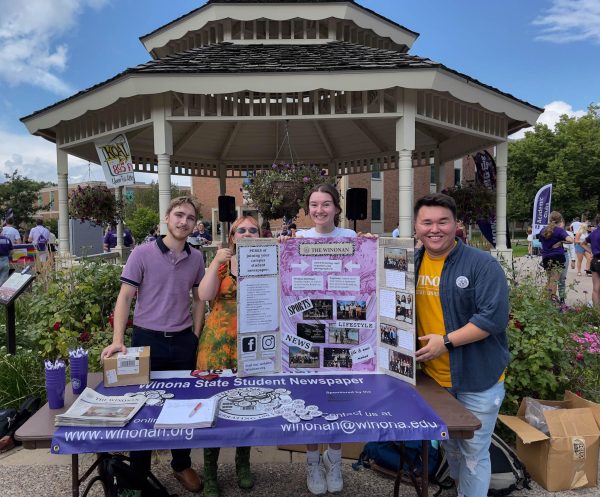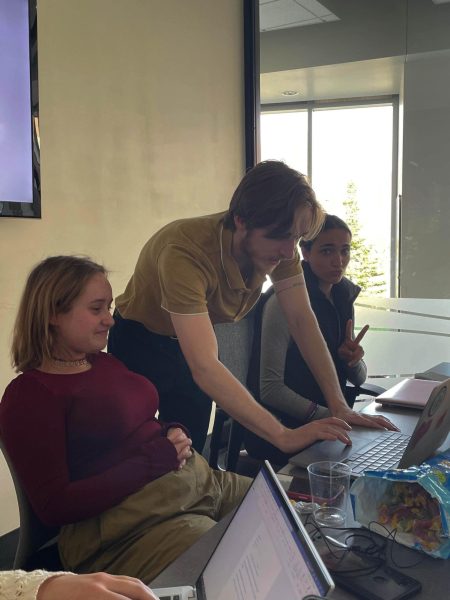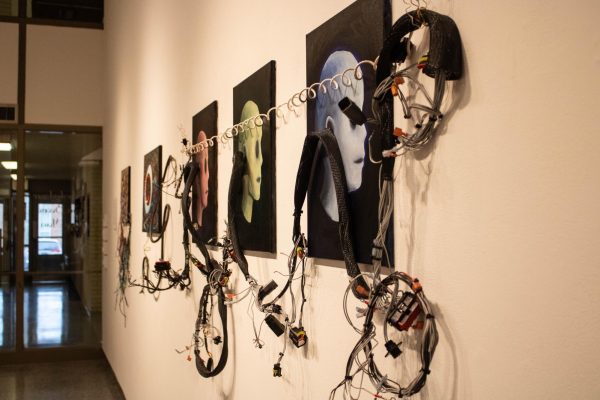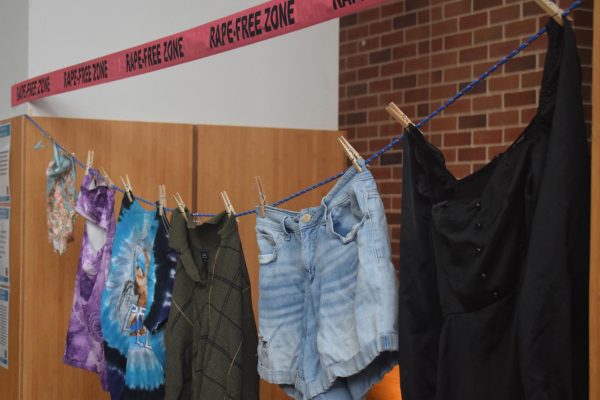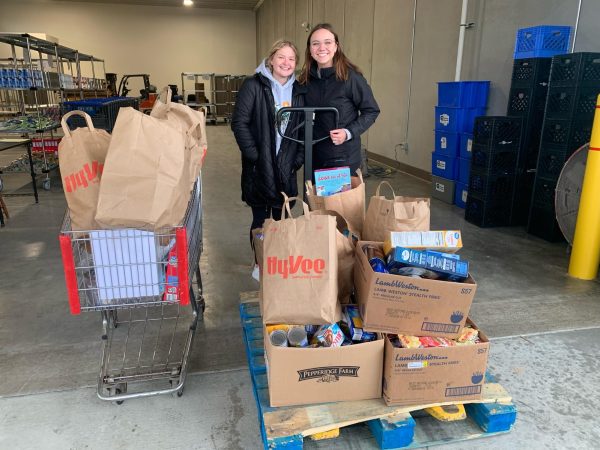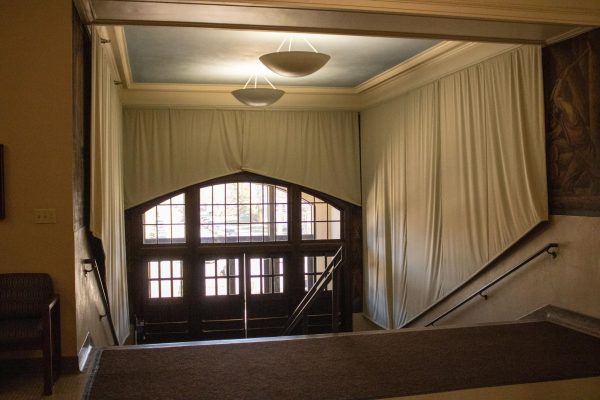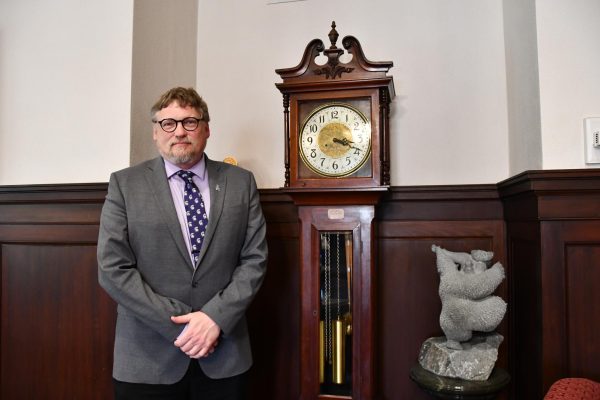Certain departments award hazard pay
November 18, 2020
Since the surge of COVID-19 in the United States began in March, many companies have given their employees hazard pay. Certain departments at Winona State University have been giving hazard pay to their student workers.
Rather than Winona State officials making a campus-wide decision on hazard pay, the decision was left to the individual departments, according to Vice President for Enrollment Management and Student Life Denise McDowell.
“It was left up to the different departments,” McDowell said. “It depended on what the budget and situation called for.”
The Housing and Residence Life department looked into hazard pay for those who stayed and worked in March when campus was closed during the country-wide shut down.
Campus security also asked for a raise for their student workers last year and asked that the raise go into effect this year, McDowell said.
“Other departments may have [asked for hazard pay] when they felt their students were on the front lines when others were not,” McDowell said.
Back in March when Winona State students, faculty and staff were sent home, student workers were still paid their average amount of hours.
“When we all went home in March, we provided the opportunity for all students to continue to get paid even if they were not working, as a way to fill in that gap,” McDowell said. “That was not something that was done this time, but it is done if for some reason a student tests positive for COVID or is exposed.”
The Darrell W. Krueger library employs many students, both library assistants and student workers in the Digital Learning Commons (DLC).
Mackenzie Morning, the access services manager of the library, supervises the majority of the library’s student workers.
Morning said that student workers at the library do not receive hazard pay.
“In the spring they were paid whether they worked or not for their normally scheduled hours,” Morning said. “This semester they have COVID leave available to them if they need to isolate or quarantine. We have worked to limit their direct interaction with patrons as much as possible.”
Diana Zargarian, a third-year nursing major, is employed as a work study library assistant in the library.
Zagarian said she doesn’t remember hearing any specific information from the university about whether or not she would receive hazard pay, or if workers in other departments were.
“I don’t remember receiving a ton of info on it,” Zargarian said. “What I remembered from the beginning of the semester was that we’d get a two week pay if we did get COVID-19, but I don’t know any updates with that.”
Mina Tham, a fourth-year film-studies major, is a student worker at the DLC. She stated that she doesn’t remember hearing anything about hazard pay either.
“When COVID first broke out in March and everybody was quarantining, we did receive a notice we were being paid for the time we missed, but nothing about hazard pay,” Tham said. “I also asked my co-workers and they don’t remember anything either.”
Zargarian said she is upset that student workers in other departments are receiving hazard pay, while the library workers are not.
“Whenever there’s a quarantine, we’re all still required to work and it’s unfortunate knowing that other students are receiving hazard pay,” Zargarian said. “I just wish we either would get paid more instead of hazard pay or figure out a way to make this more fair for us.”
Tham said that she did not know that other departments were receiving hazard pay.
“This is the first time I’ve heard of it, to be honest,” Tham said. “I thought all departments weren’t receiving hazard pay. When everything was online, I was okay with not getting hazard pay because, why would we? We were working from home. When things went back to being on campus, I wasn’t too worried about it either, but it would still be nice because for somebody like me who has pretty bad asthma, I cannot risk getting COVID.”
Some jobs students are able to do remotely.
“In the Warrior Hub they provided cellphones for students to answer who would otherwise be on the switchboard, so they can answer the phone remotely rather than having to come in,” McDowell said.
Some departments in which much of the work was done in-person chose not to have student workers this semester. These jobs were simply not needed with the low number of students and faculty on campus. According to McDowell, the university tried to help these students find jobs in other departments.





























































